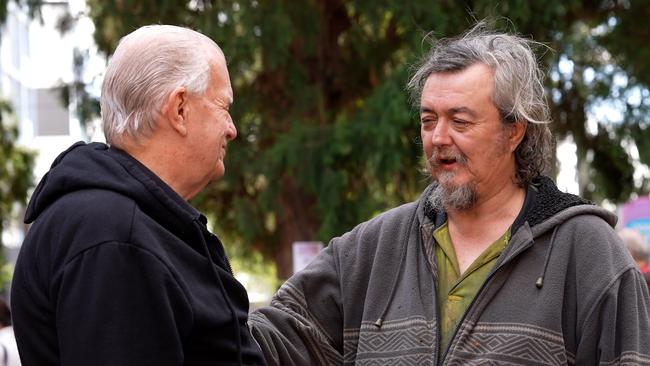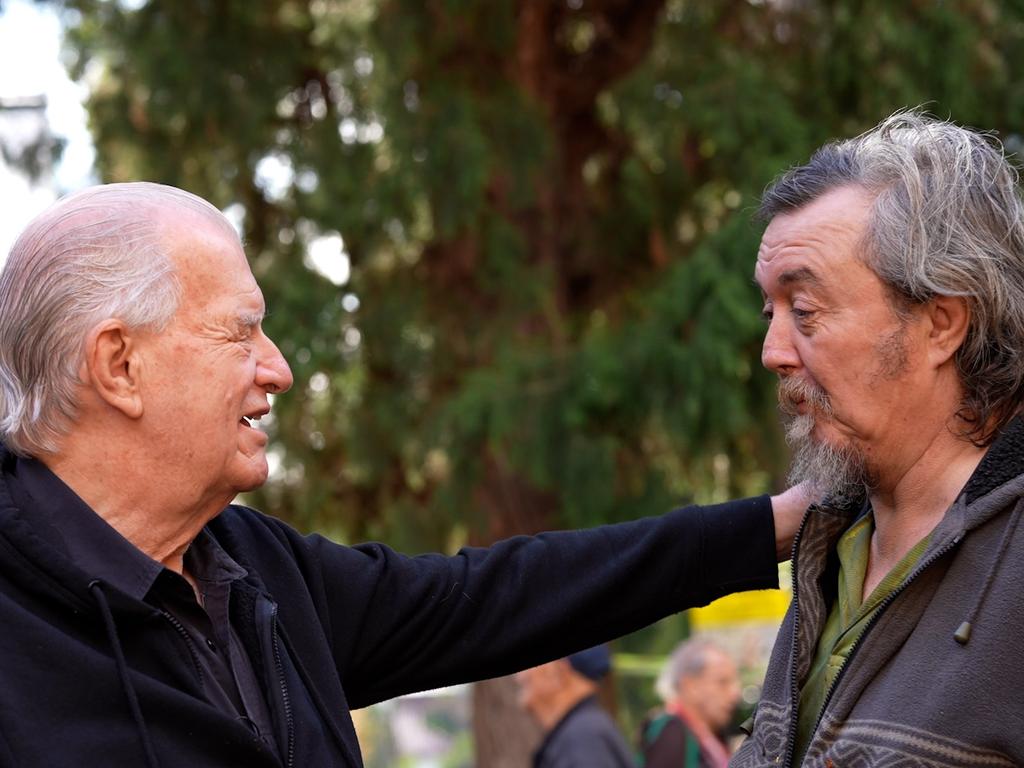Mental health funds ‘spent in wrong places’
The federal government’s priorities in mental health have come under heavy criticism as money is poured into programs that ‘lack efficacy and do not warrant public funding’.

The federal government’s priorities in mental health have come under heavy criticism from top psychiatrists, with allegations that the nation’s most severely ill patients have been cast adrift as hundreds of millions of dollars of public funding is poured into programs primarily for the “worried well” that “lack efficacy and do not warrant public funding”.
Senior psychiatrists have analysed the evidence behind a digital mental health platform – aimed at those experiencing mild to moderate distress – that the Albanese government plans to roll out nationally at a cost of almost $600m, and have concluded it is modelled on unproven programs that are demonstrably ineffective at a national level.
Amid a critical lack of resourcing in public sector psychiatry, mass bed closures in the private system, and a dearth of community support and healthcare for the severely mentally ill, the government in this year’s budget allocated the majority of its $888m spend over eight years to establishing a free national low-intensity digital mental health service. It allocated $29.9m over four years to a network of 61 Medicare Mental Health Centres that can cater for higher-acuity mental illness. While most public funds for frontline mental healthcare come from state government budgets, there is a pressing need for the federal government to step in to address the crisis of unmet need in severe mental ill-health.
An editorial published in the journal Australasian Psychiatry has excoriated federal spending priorities, stating that the commonwealth mental health budget is “misallocated, and akin to a tale full of sound and fury … signifying nothing.”
“New initiatives are inequitably skewed towards milder forms of anxiety and depression … there are substantial concerns that the Commonwealth funding has potentially been misallocated to ineffective interventions that are unlikely to reduce the population prevalence of mild anxiety and depression in Australia,” the editorial says. “Funds may have been better allocated to provide effective care for those with the most severe and disabling illnesses including schizophrenia, bipolar disorder and severe depression.”
Psychiatrists Jeffrey Looi, Stephen Allison, and Steve Kisely analysed the apparent evidence base for the new digital mental health platform and found that its precursor, the Head to Health National Digital Mental Health Gateway established in 2017 at an initial cost of $700m, had only partially met its objectives. An independent evaluation by the University of Melbourne of that program in 2021 found that “users on average only spend 2.5 minutes per session on the website.
Further, the new digital gateway’s planned linked psychological therapy service was stated by the federal health department to be “based off a very successful UK model called “talking therapies” that the academic psychiatrists said “did not reduce the overall prevalence of common mental health disorders such as mild anxiety and depression and was not associated with a posited reduction in antidepressant use in the UK”.
“The proposed budget allocation is therefore for psychological therapy approaches that were demonstrably not effective at a population level in the UK, and, also more directly, were ineffective through the analogous face-to-face Better Access psychological therapy program in Australia, where those with mild to moderate illness showed no improved outcomes, or indeed worsened in mental health.”
“The digital mental healthcare platform and the linked psychotherapy program are ineffective budget measures that do not warrant funding,” the editorial says.
Federal Health Minister Mark Butler and Mental Health Minister Emma McBride are pushing for all states to compile unmet needs analysis and publicly release them.
Mr Butler said the government was “committed to reforming the mental health system to ensure all Australians receive equitable access to the care they need."
“There is more to be done and the government is committed to doing the necessary work. This reform is highly complex and must be carefully considered,” Mr Butler said.
The government considers its planned digital platform, which is still in early design, to be critical in preventing people from developing higher acuity mental health symptoms and that it will not be like for like with the British model.
The Royal Australia New Zealand College of Psychiatry has presented a brief to the mental health ministers highlighting critical challenges in the nation’s “crumbling mental health system”. A workforce crisis and private bed closures is predicted to result in about 10,000 people annually who require urgent overnight psychiatric admissions in private hospitals going untreated.
“What we are seeing is that it’s almost a perfect storm,” said RANZCP president Elizabeth Moore. “We have a workforce crisis, private hospital beds are closing, and the public system is under great pressure.”
Professor Moore said mental healthcare was inadequately funded across the board, with services highly fragmented.
“There is a significant gap in community-based services for individuals with serious, moderate, and complex mental illnesses, often leaving their needs unmet,” the RANZCP brief says. “There is an inequity in the amount of funding that is going to mental health overall. We do need to ensure that the programs that are being provided have an evidence base behind them.”
Nationwide, the psychiatry workforce meets only 56 per cent of the national demand for psychiatrists in mental health services, according to the college, which wants increasing community-based specialist mental health care placed as a priority in negotiations for the next National Health Reform Agreement.







To join the conversation, please log in. Don't have an account? Register
Join the conversation, you are commenting as Logout